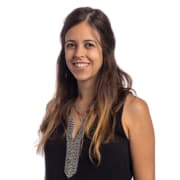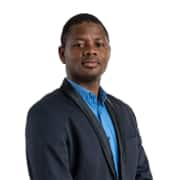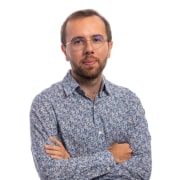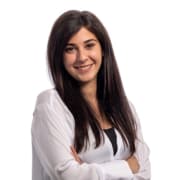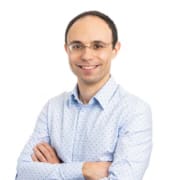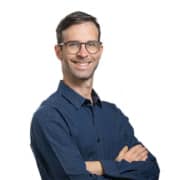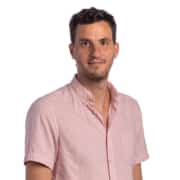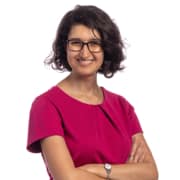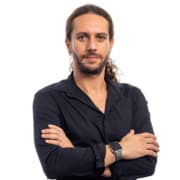Inbal Tamir is an MA student in the Azrieli School of Architecture at Tel Aviv University under the supervision of Dr. Roy Kozlovsky.
Her research deals with the field of industrial heritage conservation, specifically, factories built between the 1950s and 1970s in Israel’s development towns.
Inbal aims to reveal their architectural, social, and economic value and assess which buildings are worthy of conservation. Given that many factory buildings, both in Israel and across the world, have been abandoned, Inbal hopes that her research will raise awareness of the potential of conservation and adaptive reuse of industrial buildings. She also hopes that her exposure of the development towns’ industrial architecture will encourage their reuse, development, and urban renewal.
Inbal was born in Jerusalem and currently lives with her spouse in Tel Aviv. She obtained a BArch from the Faculty of Architecture and Town Planning at the Technion – Israel Institute of Technology, during which she studied at the Polytechnic University of Turin, Italy. In Turin, she was exposed to the fascinating world of building conservation and successful examples of buildings that had undergone adaptive reuse, including the actual Faculty of Architecture building where she was studying which had previously served as a Fiat factory. After completing her undergraduate studies, Inbal worked in architecture firms in Hamburg and Tel Aviv. In her spare time, Inbal likes travelling, discovering new cities and cultures, hiking, cycling, and attending live music concerts.
